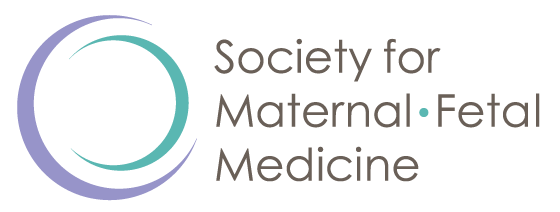
NEW! Respiratory Syncytial Virus Vaccine (RSV) for Pregnant People
Pregnant people can now get an RSV vaccine called Abryso, made by Pfizer, that’s already approved for older adults (60 and over). When the vaccine is given between 32 to 36 weeks of pregnancy, it protects the pregnant person and their babies (from birth up to 6 months of age) against RSV.
-
Respiratory syncytial virus (RSV) is a leading cause of illness in children under 5 years. It can cause fever, cough, wheezing, and trouble breathing in babies. Infants aged 6 months and younger tend to get the most sick. Each year, tens of thousands of children are hospitalized due to RSV.
-
The RSV vaccine causes the body to make antibodies against the virus. Antibodies are key players in the immune response. They attach to cells infected with the RSV and tag them for other immune cells to destroy.
When the vaccine is given during pregnancy, the antibodies made by the pregnant person cross the placenta and enter the fetal bloodstream. The baby is born with these antibodies to protect them against RSV for their first 6 months, the period when they’re most vulnerable to the effects of RSV.
-
The RSV vaccine for pregnant people will be available soon. SMFM will provide updates as we learn more details.
-
The vaccine was tested on several thousand pregnant people worldwide and found to be safe. In a few countries where it was tested, researchers found a small increased risk of preterm birth in pregnant people who were vaccinated compared with pregnant people who weren’t vaccinated. The increase is considered so small that it could have been caused by chance or other factors. For example, researchers think the increase could result from these countries' already higher preterm birth dates. There were no increases in preterm deaths.
-
The most commonly reported side effects are pain at the injection site, headache, muscle pain, and nausea.
The CDC runs the Vaccine Adverse Events Reporting System(VAERS) that collects feedback about side effects and reactions from vaccines. You should report any side effect or health problem after vaccination that concerns you, even if you’re unsure whether the vaccine caused the problem. To report an event to VAERS, click here.
-
Another option for preventing RSV in infants is called nirsevimab. This vaccine can be given to infants at birth up to age 8 months. If you get the RSV vaccine during pregnancy, your baby does not need this vaccine. It is also approved for children aged 8 to 19 months at increased risk of severe RSV who are going into their second RSV season. Your healthcare provider can discuss which option is best for you. Factors that go into the decision include availability, when your baby is due, and how far along you are in your pregnancy.
Watch this space or go to the CDC’s RSV page to learn when this vaccine will be available and what to discuss with your healthcare provider.
Learn about the RSV vaccine for children 19 months and younger
Last updated: 9/26/2023
